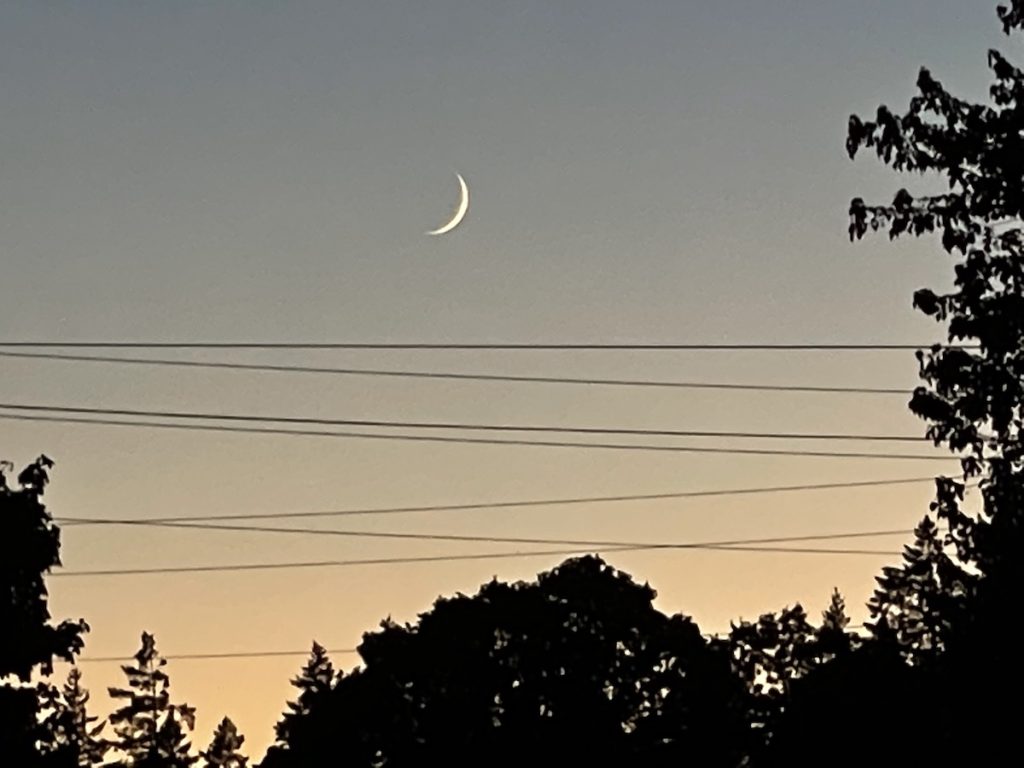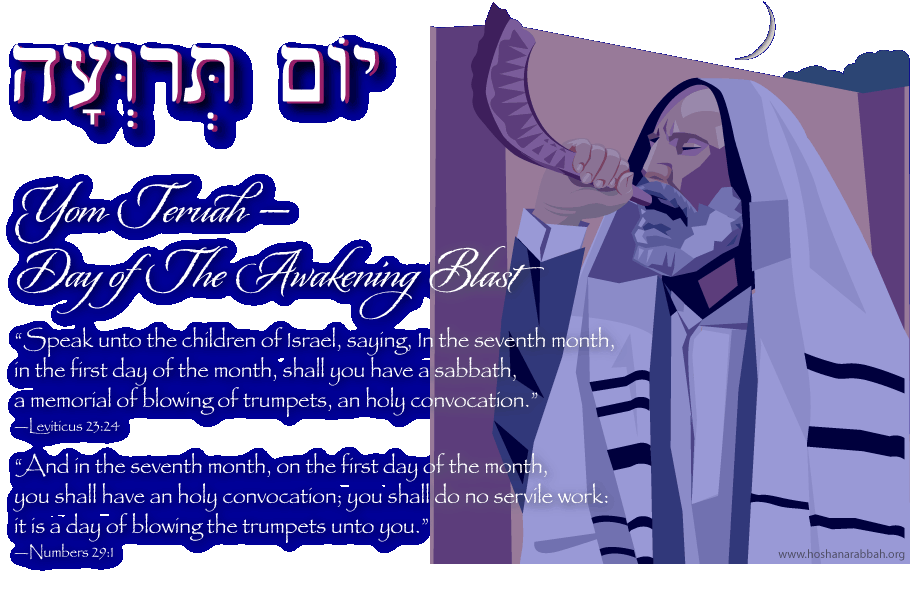From: https://newsrescue.com/watch-bombshell-testimony-at-fda-vaccine-hearing-injections-killing-more-than-saving-driving-variants-re-all-cause-mortality/
WATCH Bombshell Testimony at FDA Vaccine Hearing – Injections Killing More Than Saving, Driving Variants! Re-All Cause Mortality
By NewsRescue – September 18, 2021Lazy eyes listen
NewsRescue
by Jamie White
Several doctors from the Food and Drug administration’s (FDA) vaccine hearing on Friday claimed in explosive testimony that the COVID-19 vaccine is killing more people than it’s saving and is driving the coronavirus mutations like the so-called ‘Delta’ variant.
FDA’s Vaccines and Related Biological Products Advisory Committee after 8 hours of testimony voted 16-2against Joe Biden’s proposed COVID-19 booster shot program.
During that hearing, Dr. Steve Kirsch, director of the COVID-19 Early Treatment Fund, claimed that the injections are killing more people than they’re helping.
“I’m going to focus my remarks today on the elephant in the room that nobody likes to talk about: that the vaccines kill more people than they save,” Kirsch said via teleconference.
“Today, we focus almost exclusively on COVID death saves and vaccine efficacy because we were led to believe that vaccines were perfectly safe. But this is simply not true.”
“For example, there are four times as many heart attacks in the treatment group in the Pfizer 6-month trial report,” Kirsch continued. “That wasn’t bad luck. VAERS shows heart attacks happened 71x more often following these vaccines compared to any other vaccine.”
“In all 20 people died who got the drug, 14 died who got the placebo. Few people noticed that. If the net all-cause mortality from the vaccine is negative, vaccines, boosters, and mandates are all nonsensical.”
“Even if the vaccines had a 100% protection, it still means we killed two people to save one life,” he added.
Kirsch also explained that in nursing home death data shows about half the vaccinated died, while none of the unvaccinated died.
Viral immunologist and biologist Dr. Jessica Rose noted that, based on the VAERS data, the vaccine risks outweigh the benefits in young people, especially children, pointing to a thousand-fold increase in adverse reactions to the injection in 2021 compared to over the last decade.
“There’s an over 1000% increase in the total number of adverse events for 2021 and we are not done with 2021,” Rose said.
Rose also said the data suggests the COVID vaccines are driving the surge of COVID mutations like the “alpha” and “delta” variants.
“The emergence of both of these variants and their subsequent clustering arose in very close temporal proximity to the rollout of the COVID products in Israel,” she said.
“Israel is one of the most injected countries, and it appears from this data that this represents a clear failure of these products to provided protective immunity against emergent variants and to prevent transmission,” she added.
An ER physician from New Orleans, Dr. Joseph Fraiman, noted not enough large-scale clinical trial data exists to assure well-informed unvaccinated Americans that their risk of experiencing vaccine side effects is lower than their chance of being hospitalized.
Doctor on FDA Vax Panel Admits Never Sleever’s Are More Informed Than The Vaxxed…
Says 65% In His Area Are Not Vaxxed…
Says They Cannot Prove The Never Sleever’s Are Wrong… pic.twitter.com/qdb9PW06Ll— Covid-1984 (@NeverSleever) September 17, 2021
“Demand the booster trials are large enough to find a reduction in hospitalizations,” Fraiman told the FDA panel. “Without this data, we the medical establishment cannot confidently call out anti-COVID vaccine activists who publicly claim that vaccines harm more than they save, especially in the young and healthy.”
“The fact we do not have the clinical evidence to say these activists are wrong should terrify us all,” he added.
After these alarming testimonials, it’s no wonder the FDA committee voted the booster program down.
The FDA panel voting against the booster program represents a major blow to the Biden administration, who announced in August its plan to roll out boosters for Americans who already took two doses of the jab.
Watch the testimonies of these doctors or to hear the full FDA hearing go to: https://newsrescue.com/watch-bombshell-testimony-at-fda-vaccine-hearing-injections-killing-more-than-saving-driving-variants-re-all-cause-mortality/
by Jamie White
From: https://centerforvaccineethicsandpolicy.net/2021/09/19/vaccines-and-related-biological-products-advisory-committee-fda/
An FDA panel’s vote deals the Biden administration’s push for universal booster shots a setback.
New York Times, 17 Sep 2021
The Biden administration’s push to make Covid-19 booster shots available to most fully vaccinated adults has been stymied for now by a Food and Drug Administration advisory panel’s recommendation that Pfizer boosters be made available only to those 65 and over and those at high risk of severe Covid.
However, the roiling debate over whether the shots are needed more broadly remains unsettled.
The panel of experts on Friday overwhelmingly voted not to recommend boosters for those over 16 after a tense, daylong debate that put divisions within the agency and the administration on public display.
The vote was a blow to President Biden, strengthening criticism of his effort to enhance the immunity of already vaccinated Americans at a time when most residents of poor nations have not even had first doses. The F.D.A. and the Centers for Disease Control and Prevention authorized third shots for some immunocompromised individuals more than a month ago, on the ground that the additional dose would simply lift their protection to the level other people achieve with two shots.
Some F.D.A. experts said that the data from Pfizer and elsewhere still seemed to show that two shots protected against severe disease or hospitalization for months afterward, and that there was not enough evidence that a third shot would stem the spread of infection. Some also criticized a lack of data that an additional injection would be safe for younger people.
The panel’s final recommendations left some room for the White House to argue that the core of its booster strategy remained intact. Depending on how “at high risk” is defined, tens of millions of Americans could conceivably be deemed eligible for additional shots of the Pfizer vaccine. And a small but growing number of people have stopped waiting for federal authorization and are finding ways to receive booster shots…
Here is NBC’s slanted coverage of this story. They mention that the board rejected approval of a third vaccine, but failed to quote the doctor’s passionate concerns as to why they voted against it. NBC did not present the whole truth. Read: https://www.nbcnews.com/health/health-news/fda-advisory-group-rejects-covid-boosters-limits-high-risk-groups-rcna2074
Here is Forbes Magazine coverage of this news event: https://www.forbes.com/sites/jemimamcevoy/2021/09/17/fda-advisory-panel-recommends-against-pfizer-covid-boosters-except-for-people-over-65/?sh=616666d26e1d. Like NBC, the failed to mention the more damning testimony of some of the medical experts who testified.
The other news outlets that I reviewed followed a similar track as did NBC and Forbes when reporting about the FDA Advisory Boards vote against the vaccine booster shots. They focused on the fact that the board voted in favor of giving booster shots to those over 65 years old, but failed to give the reasons—the damning testimony—as to why they voted against giving the shot to those of a younger age. These major media sources failed to give us all of the facts. Instead, they spun this story in such a way as to blunt the full truth of it. And you still trust the major media to tell you the truth?



